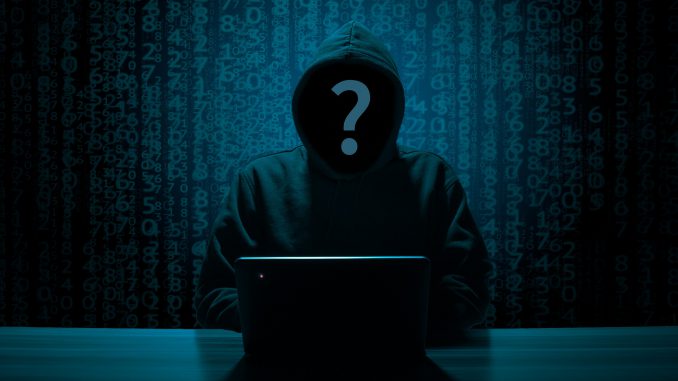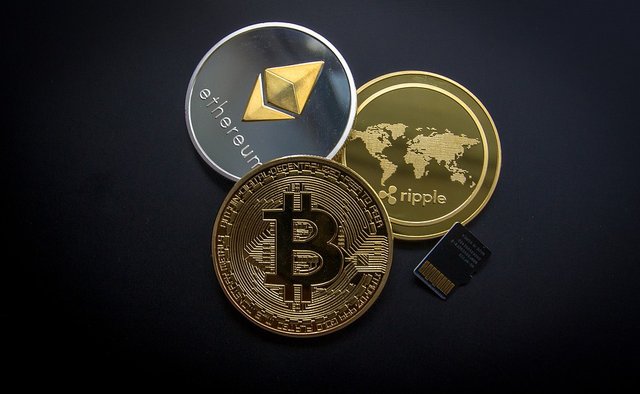
To fight against money laundering, the European Parliament has adopted stricter rules that will apply to cryptocurrencies

574 votes in favor, only 13 votes against and 60 abstentions. The European Parliament approved on Thursday 19 new provisions to eradicate money laundering. But this vote is also accompanied by several provisions that could call into question the very nature of cryptocurrencies. Object fantasies, it is the anonymity (we will speak of pseudonymity) that is in the viewfinder.
Registration of exchange platforms and verification of customer information
Are virtual currencies used to finance illegal or terrorist activities? Yes. But no more than traditional currencies and even less. A Europol report published in 2016 stated that "cash continues to play an important role in the profitability of criminal activity: the methods are well established, and the means is as favorable to the exchange, untraceable and anonymous as cryptocurrencies ".
In the same way, Europol estimates that three to four billion pounds sterling of criminal funds would be laundered annually thanks to cryptocurrencies. That's only 3-4% of the £ 100 billion bleached each year in Europe.
And yet, the European Parliament has decided to reinforce the rules on cryptocurrencies. Among the new rules voted on this April 19th, users will have to provide their identity when using exchange platforms and other portfolio services. Clearly, the "wallet" would no longer be anonymous.
Same for these platforms. They must be registered with the authorities and will have due diligence procedures.
Yet most platforms are already regulated. They are subject to the same KYC and anti-money laundering rules as traditional banks. In the same way, the exchanges are not anonymous but pseudonyms. The routing of the transactions is (possibly) recoverable on encrypted addresses but by experts.
The situation is slightly different for certain currencies such as Monero or Zcash which offer untraceable transactions in theory. Clearly, the European Parliament could very well pass laws that would affect less than 3% of illicit transactions in the world. While questioning the very principle of cryptocurrency.
The criminal behavior has not changed. Criminals use anonymity to launder their illicit proceeds or finance terrorism. This legislation helps to counter the threats to our citizens and the financial sector by providing better access to information on the people behind companies and by tightening the rules governing virtual currencies and anonymous prepaid cards.
the nice post!
Downvoting a post can decrease pending rewards and make it less visible. Common reasons:
Submit